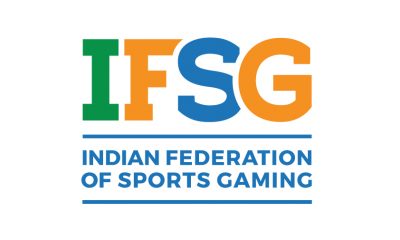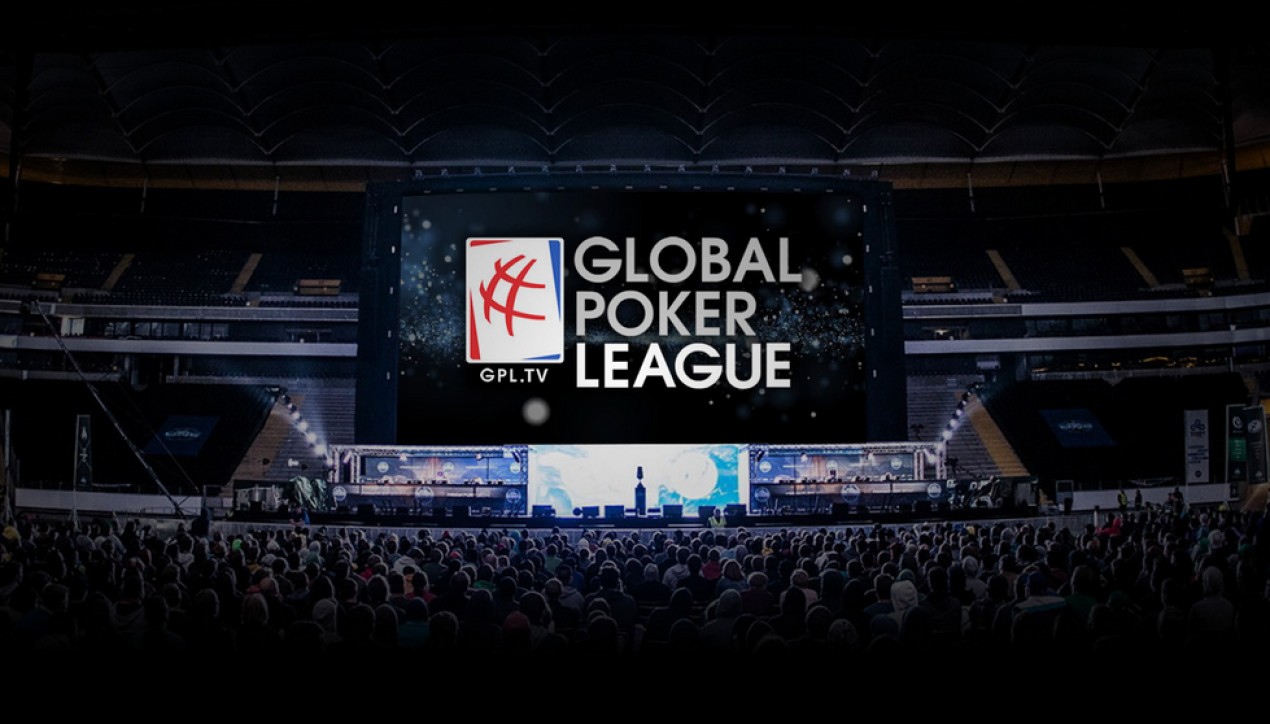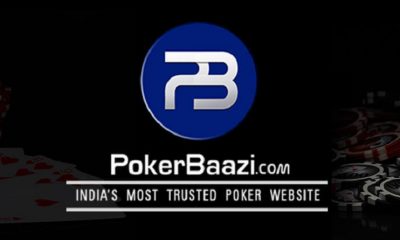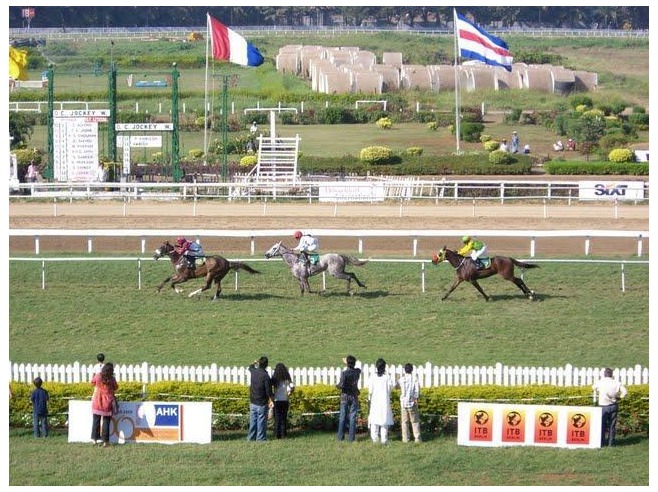Gaming
SC rejects appeal to initiate criminal action against Dream11, does this end the debate on fantasy sports legality?
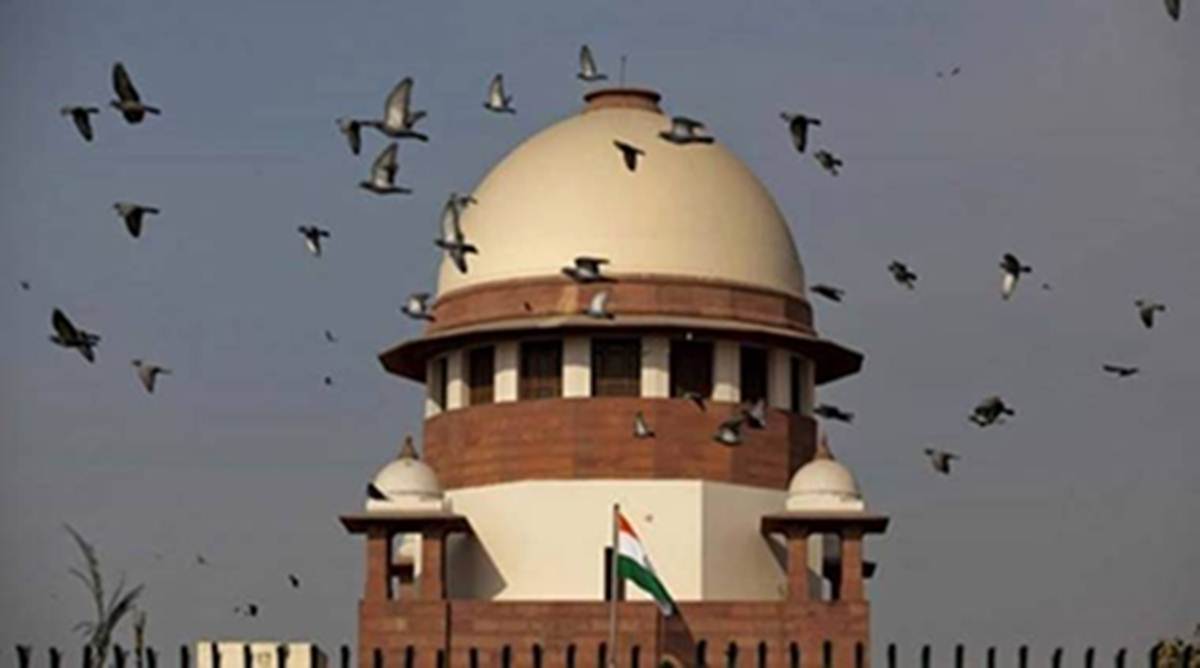
In April 2017, a single judge bench of the Punjab & Haryana High Court rejected a complaint by an advocate, Varun Gumber, to initiate criminal proceedings against online fantasy sports website Dream11.
The court while passing the order noted that playing fantasy sports online does not amount to gambling and involves a substantial degree of skill. Justice Amit Rawal in his order also stated that the user has to be adroit and skillful in continuously monitor the sporting event, statistical performance of the players and previous track record, weather conditions etc.
The order of the Punjab and Haryana High Court was seen as a significant boost to the nascent and burgeoning fantasy sports industry, since it was the first order of any High Court in the country that had analysed the format of daily fantasy sports and passed observations ruling daily fantasy sports to be a game of skill and holding it to be completely legal, even if there was stakes or money involved. The court in its order clearly and unequivocally rejected the plea of initiating criminal charges against Dream11.
It now turns out that the complainant, Varun Gumber, being dissatisfied with the order of the High Court, had approached the Supreme Court through a Special Leave Petition in August 2017.
A Supreme Court division bench comprising of Justices Rohinton F. Nariman and Sanjay Kishan Kaul, through a terse order dated 15th September, 2017, had summarily dismissed Gumber’s petition.
This order is seen as a major victory for getting clarity on the legality of daily fantasy sports and one that puts to rest questions about the element of skill involved in fantasy sports.
However, the question that needs to asked is whether the non-reasoned and summary dismissal of the petition, which does not go into the facts and legal issues involved, is an unequivocal carte blanche from the apex court to fantasy sports operators and gives them a go ahead to run operations pan India?
The answer to this question would be in the negative. A summary dismissal by the Supreme Court without going into the facts and legal arguments of the matter cannot create a binding precedent. It can certainly be argued that the dichotomy in the 1967 Supreme Court judgment on rummy that rules that profit or gain made by the clubs in a game of skill could possibly be construed as an offence under the Gaming Acts has not been addressed in either by the High Court or by the Supreme Court.
Further, it is within the realm of possibility that just like Telangana, other states can also amend their Gaming Acts to remove the exemption given to games of skill and bring even games like fantasy sports within the ambit of gambling.
In conclusion, it can be said that while the Supreme Court order dismissing the complaint against Dream11 indicates that the findings and conclusions of the Punjab and Haryana High Court ruling hold good, the entire issue of the model adopted by fantasy sports websites could possibly be revisited by the apex court, should any matter come up before it in future.







